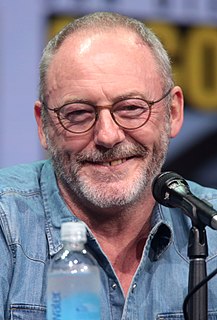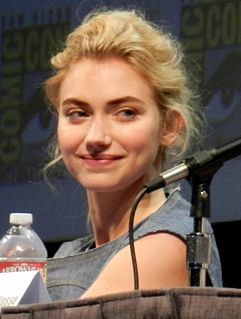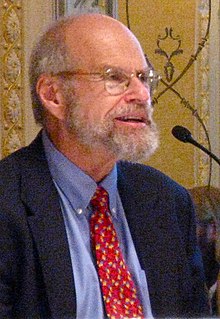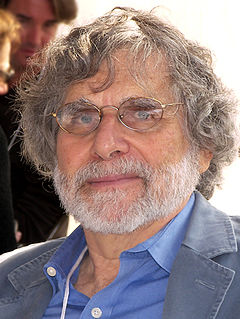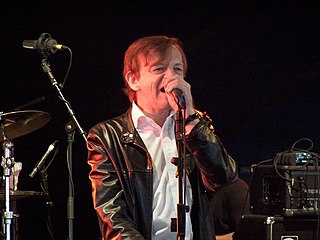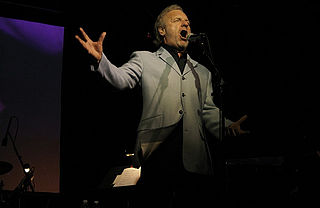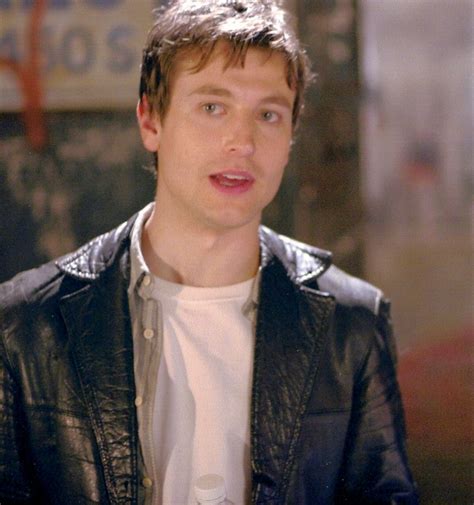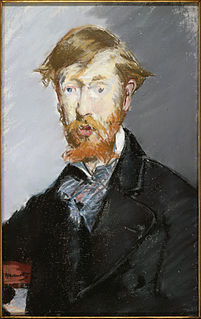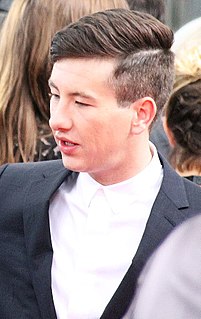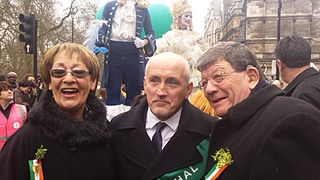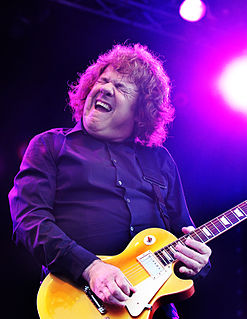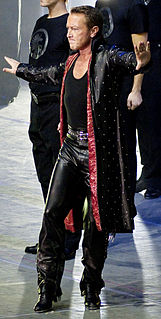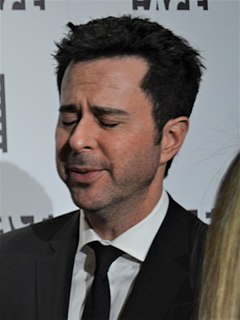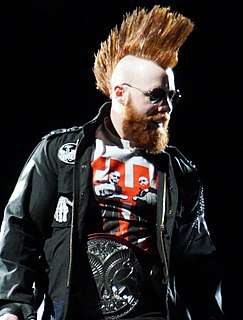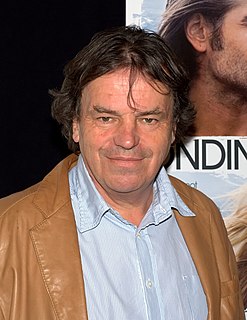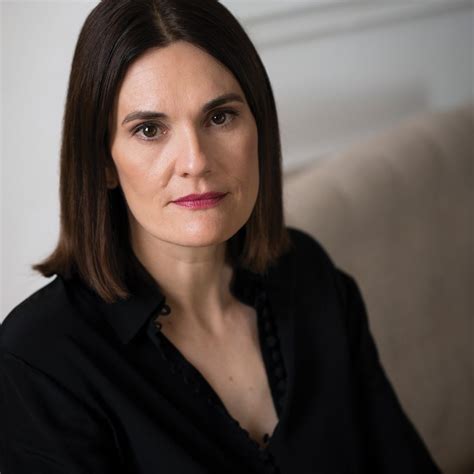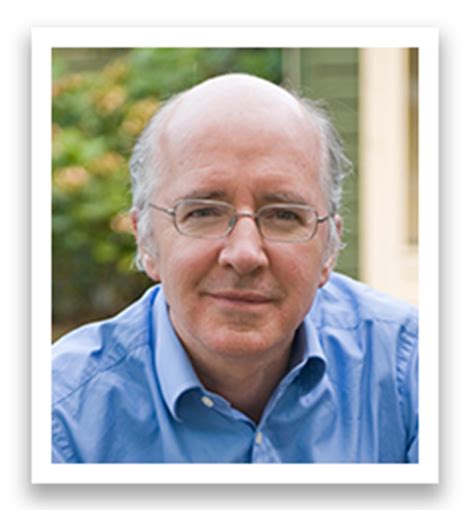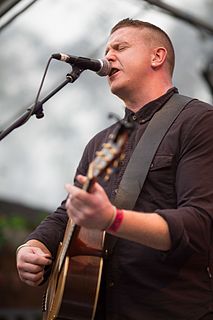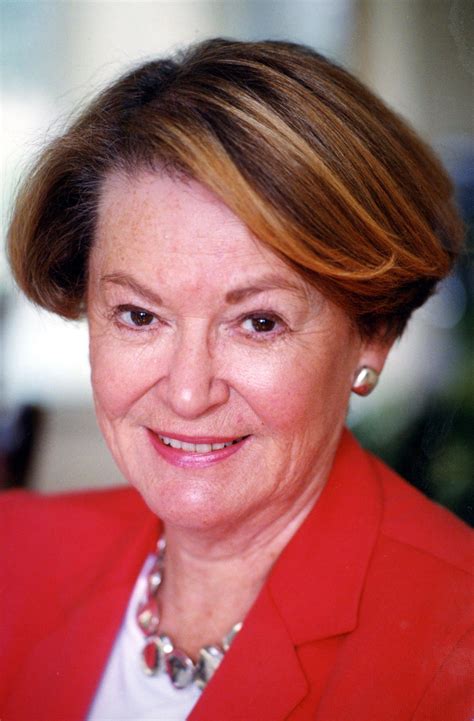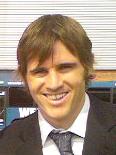Top 183 Dublin Quotes & Sayings - Page 3
Explore popular Dublin quotes.
Last updated on November 14, 2024.
The rain was dashing in torrents against the window-panes, and the wind sweeping in heavy and fitful gusts along the dreary and deserted streets, as a party of three persons sat over their wine, in that stately old pile which once formed the resort of the Irish Members, in College Green, Dublin, and went by the name of Daly's Clubhouse.
I saw Damien Rice in Dublin when I was 13, and that inspired me to want to pursue being a songwriter... I practised relentlessly and started recording my own EPs. At 16, I moved to London and played any gigs I could, selling CDs from my rucksack to fund recording the next, and it snowballed from there.
My family, although they're very large on both my parents' sides, they don't know much about their family tree. Occasionally, they try to dig, but they can't get very far, and it's baffling. In Dublin, it seems that so many public records were wiped out; it's proven to be very difficult, so I know very little.
One of the reasons I got into this game was because I wanted to learn how to get myself comfortable in uncomfortable situations. I grew up in a tough area of Dublin, and fighting was just part of your life. Boys fight, and I won some, but I lost a lot too, and I didn't like that, I didn't like that feeling of not knowing whether I was in danger, in trouble.
In Dublin, we open The Dock, our new multidisciplinary innovation R&D and incubation hub where all elements of our innovation architecture come to life. The Dock is a launch pad for our more than 200 researchers to innovate with clients and acquisition partners with a particular focus on artificial intelligence.
We were playing a festival in Dublin the other week. There was this other group, like, warming up in the next sort of chalet, and they were terrible. I said, 'Shut them cunts up!' And they were still warming up, so I threw a bottle at them. The bands said, 'That's the Sons of Mumford' or something. 'They're number five in charts!' I just thought they were a load of retarded Irish folk singers.
I didn’t say, You are such a stuffy asshole. And he didn’t say, If you ever burn one of my quarter-of-a-million dollar rugs again I’ll take it out of your hide, and I didn’t say, Oh, honey, wouldn’t you like to? And he didn’t say Grow up, Ms. Lane, I don’t take little girls to my bed, and I didn’t say I wouldn’t go there if it was the only safe place from the Lord Master in all of Dublin.
I remember, I was doing 'Jesus Christ Superstar' in London in the early '70s, and friends of mine had come over from Dublin, and they're knocking on the stage door after the show saying, 'Colm, come on, let's go for a drink.' I knew that if I went with them, I wouldn't be able to do my job the next day.
My family life reads a bit like 'Little House on the Prairie.' I was big sister to Joan, Renee, and brother William, and we grew up in Dalkey, a little town 10 miles outside of Dublin. It was a secure, safe and happy childhood, which was meant to be a disadvantage when it comes to writing stories about family dramas.
It makes you feel really comfortable when someone is like, I'm not going to touch what you're doing. Do what you do and I'll put it out, but as opposed to sticking it out in Dublin and in one shop in London, it's going to go all over the world and you'll have the backing of a PR team and whatever else you need. It was like, cool, that sounds like the right move.
I remember being in Dublin in a café and seeing him [Jack Gleeson] two or three years ago, and he came in - Joffrey[from the Game of Thrones] came in - and I remember being so star-struck. I don't like famous people and I don't really get star-struck. But I remember seeing him and being so impressed that he was walking around. So I really like Joffrey.
I tried to read The Dubliners, when I went to Dublin a couple of years ago. I think I only go thurogh the first story. Gnomon is such an interesting word. So many different uses for a word nooone has heard of, or uses these days. I googled some pictures of sundials to check that it was the tall shadow casting bit (it is) and then discovered that Saint Sulpice in Paris has a rather fascinating large gnomon- which I shall endeavour to see on my next visit to that fair city. Thanks for such a great word, which I shall try to remember.
A lot of Polish and Russian Jews had this experience: they would emigrate, thinking they were on their way to New York. Then their captains would stop in Dublin and say, 'Everybody off.' They would leave, and by the time they discovered they weren't in America, they didn't have enough money to continue.
My main influences - I loved art. I sounds a little pretentious to say I was into art but I liked drawing. I liked music; music was my outlet from day one. I was giving you an image of Ireland being this dull, grey, massive unemployment, not much going on and the future was the dull queue or - and, for me, the window of hope was music and books. So I fell in love with sort of T-Rex and David Bowie very young. They sort of said, "Hey. You don't have to live in this north side of Dublin that's all grey and depressed. You can be a spider and go to Mars."
If you remove the English Army tomorrow and hoist the green flag over Dublin Castle., unless you set about the organization of the Socialist Republic your efforts will be in vain. England will still rule you. She would rule you through her capitalists, through her landlords, through her financiers, through the whole array of commercial and individualist institutions she has planted in this country and watered with the tears of our mothers and the blood of our martyrs
Old Dublin City there is no doubtin'
Bates every city upon the say.
'Tis there you'd hear O'Connell spoutin'
And Lady Morgan making tay.
For 'tis the capital of the finest nation,
With charmin' pisintry upon a fruitful sod,
Fightin' like devils for conciliation,
And hatin' each other for the Love of God.
I just got back from New York, and I realized in New York, it's very difficult to hear a New York accent. It's almost impossible, actually - everybody seems to speak like they're from the Valley or something. When I grew up, you could tell what street in Dublin someone's from by the way they talked.
I like what Barcelona is doing. This city almost perfectly combines its natural advantages with cultural attractions, IT parks and first-rate educational opportunities. The same applies for Dublin, which manages to achieve a blend of complexity, tolerance and artistry and makes a point of not devoting every part of the city to the tourism industry. Sometimes creativity also means forgoing short-term profits and simply saying no.
I was a child of the '60s basically, which is a real blank. I really started growing up, I think, in the '70s. I'm a glam-rock kid. But Dublin, Ireland in those days was a very dark place, as in it was a very poor, almost third world. Economically, the whole world is going through a recession at the moment. In the '60s, '70s, and the '80s in Ireland was a real recession. It wasn't a pleasant place.
My city. I pondered that phrase, wondered why Barrons felt that way. He never said “our world.” He always said “your world.” But he called Dublin his city. Merely because he'd been in it so long? Or had Barrons, like me, been beguiled by her tawdry grace, fallen for her charm and colorful dualities? I looked around “my” bookstore. That was what I called it. Did we call the things of our heart our own, whether they were or not?
We became friends in Dublin through music and we had real names, Fionan Hanvey and Derek Rowan - what a dreadful name. And Paul Hewson. We gave each other nicknames just the way most kids do, but the nicknames had more to do with how we physically looked or our essence and I had quite square features as a young kid. I was called Wavin for awhile, but I'm a bit softer - I'm a little softer than a surge pipe so they changed that to Gavin. I didn't chose it, it was Bono and Guggi who gave it to me.
There's that great Irish joke: a man is lost in the countryside, stops a passer-by: 'how do I get to Dublin?'. The passer-by says 'well, I wouldn't start from here'. Rather than starting by talking in the abstract about materialism, dualism, 'material stuff' and things like that in regard to the mind, I would rather start from somewhere else.
My mother hoped I would meet a nice doctor or barrister or accountant who would marry me and take me to live in what is now called Fashionable Dublin Four. But she felt that this was a vain hope. I was a bit loud to make a nice professional wife, and anyway, I was too keen on spending my holidays in far flung places to meet any of these people.
Write about winter in the summer. Describe Norway as Ibsen did, from a desk in Italy; describe Dublin as James Joyce did, from a desk in Paris. Willa Cather wrote her prairie novels in New York City; Mark Twain wrote Huckleberry Finn in Hartford, Connecticut. Recently, scholars learned that Walt Whitman rarely left his room.
... I am more of an ambler. I once overheard my old boss in Dublin describe me as very "hello trees, hello flowers." It was intended as an insult and it fulfilled its brief; I was insulted. I had little interest in greeting trees and flowers but nor did I treat life as a treadmill, on which it was vital to keep fleeing forward in order to avoid being sucked off the back and out of the game.
We've got wars. Imagine having more money, you could buy more beer. Have you been to Dublin in its heyday like in the boom heyday at like 4:00 in the morning on a Sunday or Saturday? It's like beyond New Orleans. It's like St. Patrick's Day every day. It's not good. I don't even like pubs anymore. I like going for a meal and having a bottle of wine. Be more gentle.
I saw Damien Rice in Dublin when I was 13, and that inspired me to want to pursue being a songwriter... I practised relentlessly and started recording my own EPs. At 16 I moved to London and played any gigs I could, selling CDs from my rucksack to fund recording the next, and it snowballed from there.
872, Ivar, King of the Northmen of all Ireland and Britain , ended his life." He had conquered Mercia and East Anglia. He had captured the major stronghold of the kingdom of Strathclyde, Dumbarton. Laden with loot and seemingly invincible, he settled in Dublin and died there peacefully two years later. The pious chroniclers report that he "slept in Christ." Thus it may be that he had the best of both worlds.


